Advertisement
These energy suppliers say they can save you money. Regulators say it’s a scam
Resume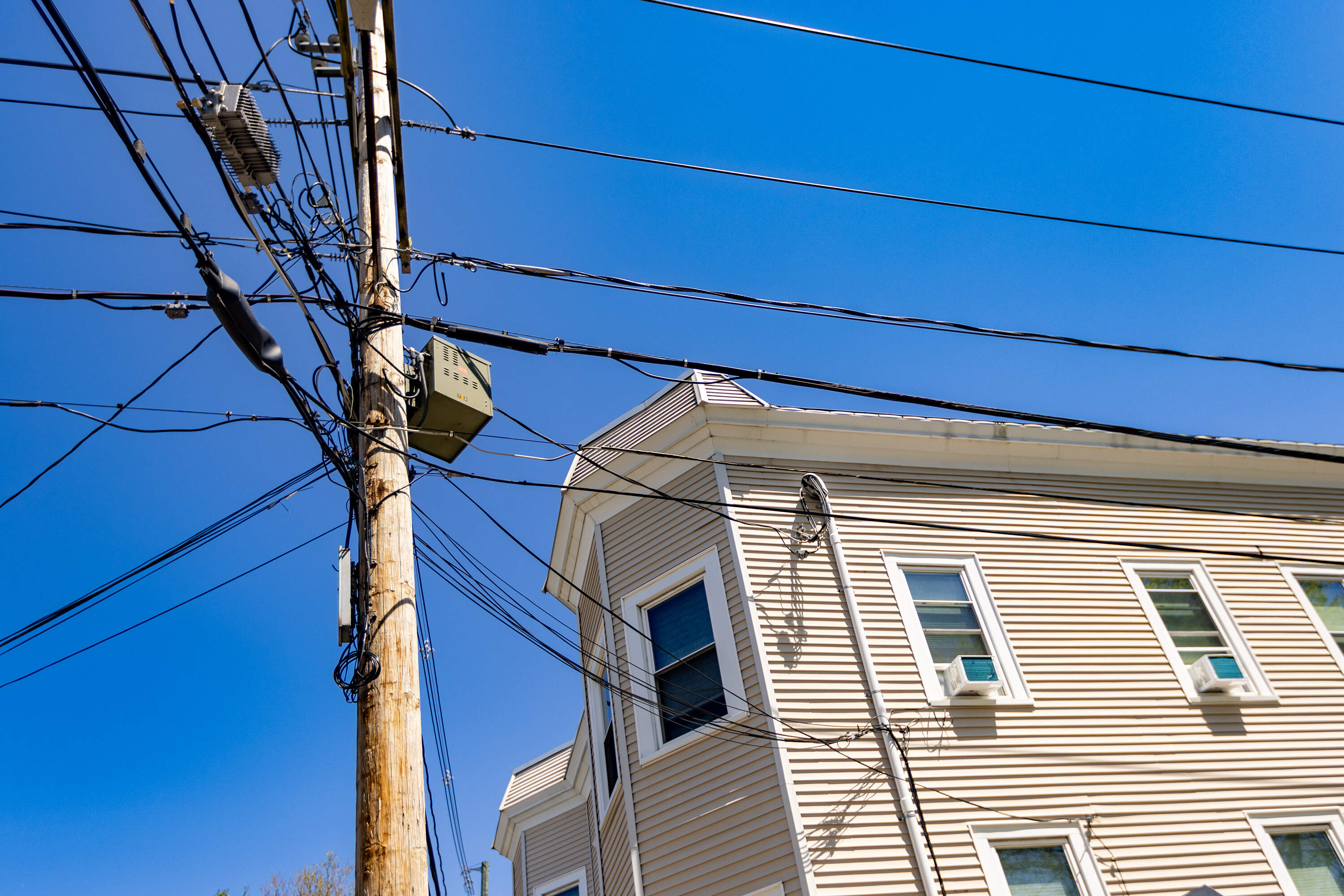
This story was produced in partnership with The Boston Globe.
Across Massachusetts, the complaints sound similar: A person discovers their electric bill has spiked, and when they look into it, they find that the company providing their electricity isn’t the one they expected — instead of a utility like National Grid or Eversource, it’s a third-party provider they’ve never heard of.
There was the woman in Chelsea who learned that a door-to-door salesman for a so-called competitive electric supplier allowed her minor son to sign up the household.
There was a Natick resident who was signed up after showing their electric bill to someone pretending to be from Eversource, badge and all, who had knocked on the door.
There was a blind 77-year-old woman in East Falmouth who swears she never signed up for a competitive electric supply plan because she doesn’t sign things without a friend at her side, but whose name — misspelled — ended up on official documents.
These complaints are among hundreds that The Boston Globe and WBUR received as part of a public records request to the state. And for every example of someone who didn’t knowingly sign up for a competitive supplier, there’s another example of someone who signed up for a plan with a low rate, only to have it balloon without warning a few months later. Each story is troubling on its own, but together they paint a picture of an industry that experts say is making money by taking advantage of residents — particularly older adults and those in low-income and minority neighborhoods.
When it comes to state energy policy, “there’s no one issue that has more implications for equity than this,” said Larry Chretien, executive director of Green Energy Consumers Alliance, an advocacy group that supports banning the industry.
When the competitive supply market was created by regulators in the late 1990s, the goal was to drive down prices through increased competition. Proponents of the industry also say it’s a way to get more green energy into the grid. And some consumers say they did, in fact, benefit by shopping online for competitive plans to secure lower rates.
But as evidence of deceptive sales tactics mounts, political forces in Massachusetts are aligning around a Senate bill that would enact a first-in-the-nation ban on the industry’s ability to sign up new residential consumers, effectively phasing it out. Support for the bill comes from all levels of government in the state including Gov. Maura Healey, Attorney General Andrea Campbell, and Boston Mayor Michelle Wu.
Despite the political momentum and broad support for the bill, many competitive suppliers and a handful of House legislators are pushing back. They’ve introduced a competing bill to reform the industry, rather than scrap it. Consumers, they say, should have the right to choose their energy plan.
But those who support banning the competitive market say the cost of regulating a “predatory” industry is too high — both in state resources and in the harm caused, particularly to vulnerable consumers.
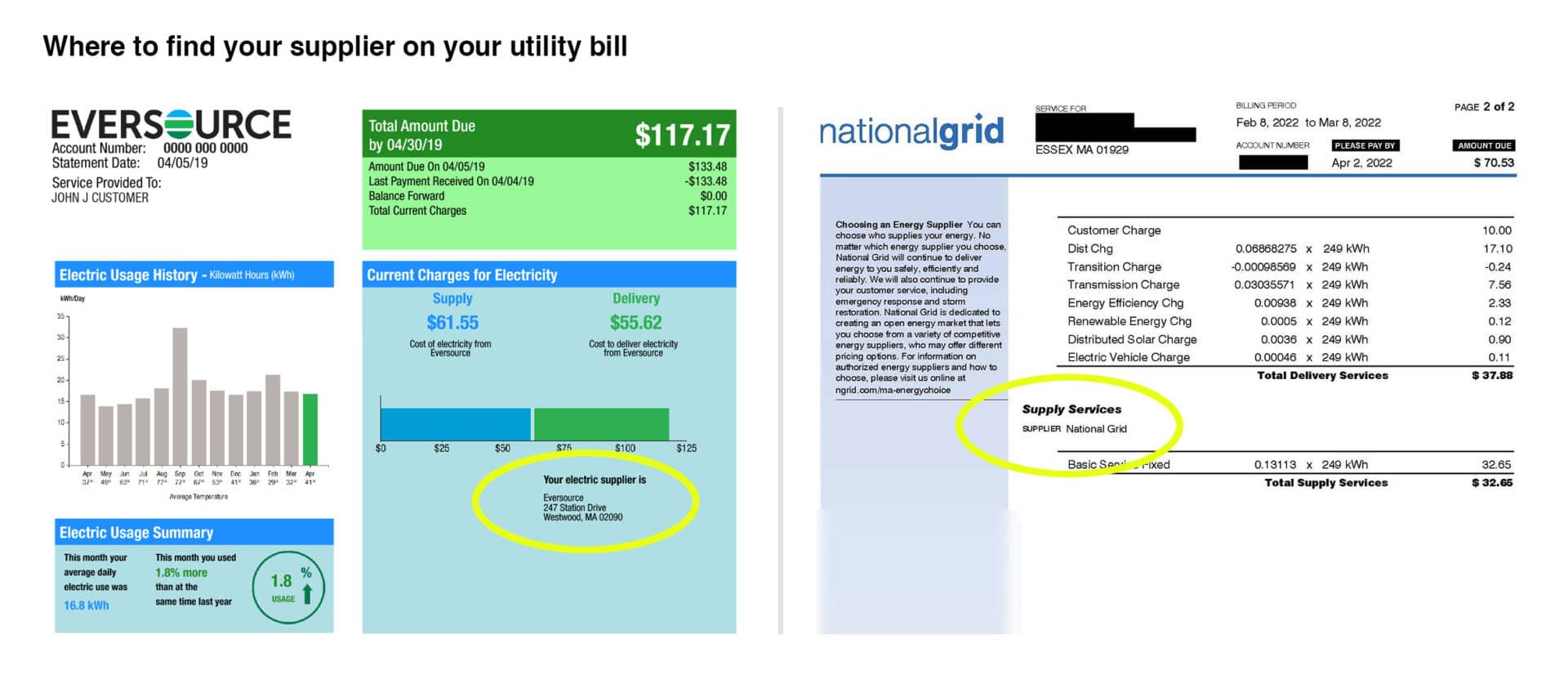
The whole debate will come to a head later this summer as the House and Senate try to reconcile the two competing bills. It comes on the heels of a similar effort in 2022 that resulted in no changes to the industry. But this time, with a heightened media profile and other states with similar markets closely watching, the political stakes are higher — and so, too, is the amount of money being poured into lobbying against a ban.
'Time and dollars'
Since the market’s inception, some savvy consumers have been able to save money by shopping around for lower-cost plans. But they are the exception, not the norm. The majority of people on competitive electric supply plans paid more than they would have on their utility’s basic service rate — sometimes much more.
Data collected by the Massachusetts attorney general’s office shows that between 2015 and 2021, residents who signed up for competitive electric supply plans paid $525 million more than if they had continued buying electricity from their utility. Low-income residents were nearly twice as likely to be enrolled with competitive electric suppliers, and they consistently lost the most money.
“This has been a 25-year experiment. It’s fair now to conclude on the basis of the evidence that [the market has] failed to produce value for large numbers of consumers,” said state Sen. Michael Barrett, the Democratic lawmaker who will help lead negotiations on a climate bill later this year. “At some point, you have to throw in the towel.”
For Barrett and others who want to eliminate the industry, the issue is not just consumer loss. The state has to dedicate its limited dollars and staff time across multiple agencies to handling complaints, meaning regulating competitive suppliers detracts from the state’s ability to address the climate crisis.
“It would just be distracting from our main mission, which is figuring out how to do this clean energy transition in a cost-effective, equitable way,” said Liz Anderson, chief of the attorney general’s energy and ratepayer advocacy division.
But supporters of the competitive supply market say this extra regulatory and enforcement work, allowing third-party suppliers to continue to operate but with additional oversight, is worth it because the industry can offer real benefits to consumers like lower prices and greener electric options.
‘A few bad apples’
Rep. Tackey Chan, a Democrat and the lead proponent of the effort to reform, rather than ban, the industry said the problem lies with the state Department of Public Utilities, which oversees the industry.
“It’s bad management,” he said. “The problem has always been that the DPU doesn’t do their job.”
Chan’s 11-page bill sets out a number of proposed reforms. It increases licensing fees for these companies and requires they put up a $10 million bond to operate in the state, which could be tapped into if a company goes under. It eliminates cancellation fees for customers who want to end their plan. It bars suppliers from signing up low-income customers who are on the state’s discount electric rate. And it requires electric suppliers to disclose where they buy their energy. (Currently, many companies say they buy 100% renewable electricity but there’s often no way for consumers to verify these claims, and Chretien and others say the “green” claims are often false.)
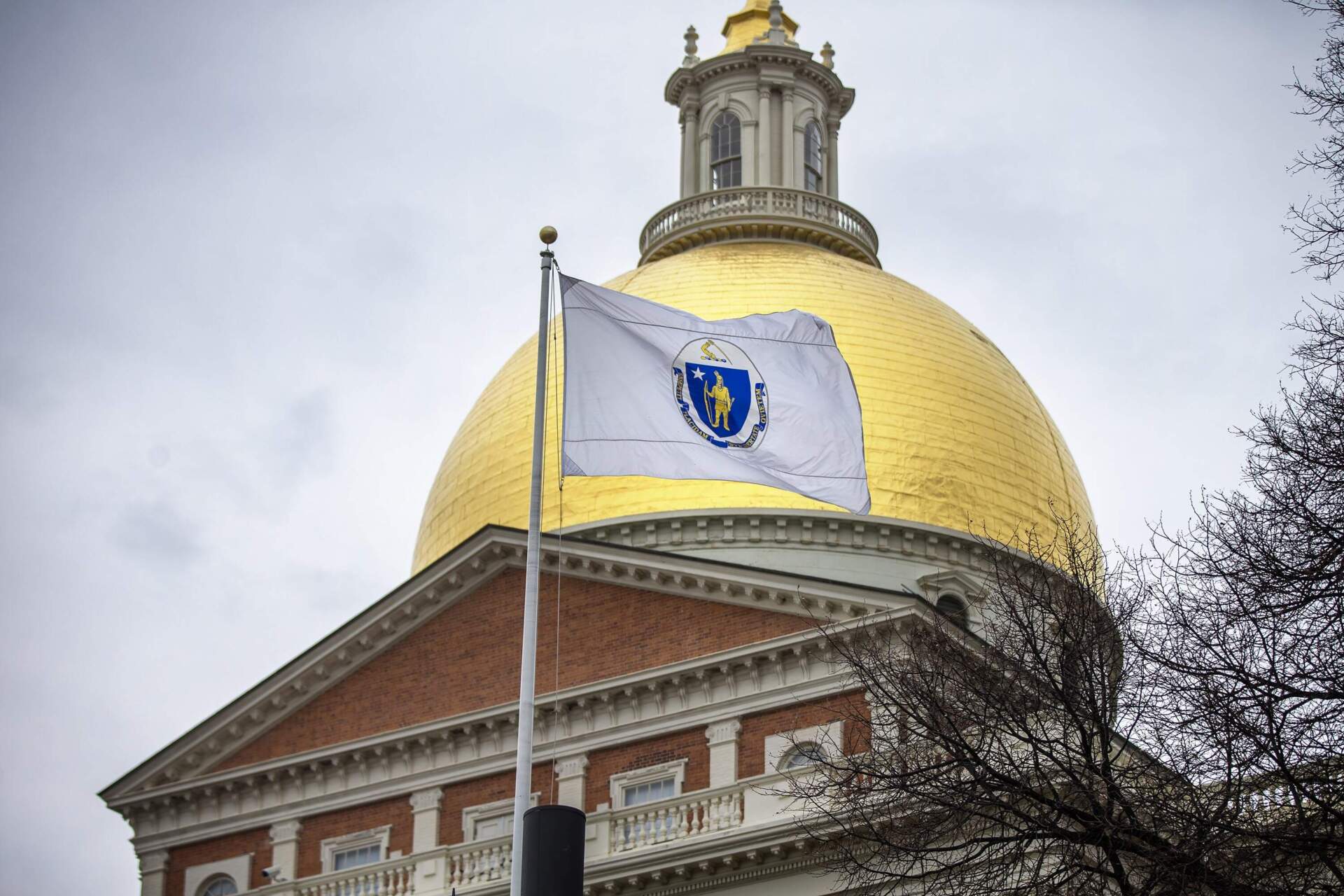
"We are in this kind of unique position to have great companies who are willing to actually say, ‘Regulate us more,’ ” said Abby Foster, vice president of policy and advocacy for the Retail Energy Advancement League, an industry trade group that helped Chan write his bill.
But while the trade group, known as REAL, has consistently maintained that any problems with the industry are the result of “a few bad apples,” officials in the attorney general’s office maintain there are no “good apples,” and that all of these companies are problematic. What’s more, complaints filed at the DPU and obtained through a records request show that many members of REAL, like CleanChoice Energy, are among the firms that have received the highest rate of consumer complaints per customer for deceptive sales and marketing practices.
A spokeswoman for CleanChoice said looking at the number of complaints can be “misleading” because they can cover a variety of issues, and that they “issue goodwill refunds or credits to resolve their concerns.”
Foster said that without seeing the complaints, it’s hard to comment. But she noted that Chan’s bill would require that more complaint data be made public.
Environmental advocates and officials say that all eyes are on what Massachusetts does with this market; should it ban the industry, other states might follow.
So, the industry isn’t just pushing for reform in Massachusetts, it appears to be fighting for survival. Between 2018 and 2023, members of REAL and another industry trade group, the Retail Energy Supply Association, spent more than $3 million lobbying state lawmakers, according to data from the secretary of state.
That is “a huge lobbying spend in Massachusetts,” said Timmons Roberts, a professor at Brown University who has studied the influence of lobbying on clean energy policy in Massachusetts.
For context, Roberts said that the two big utilities in the state, Eversource and National Grid, that are among the highest spenders on climate-related lobbying expenditures, each spent less than that during a five-year period he studied.
Regulating is 'nearly impossible'
While Chan and those supporting reform say more regulation is the answer, officials at the state energy department and the attorney general’s office say that regulating the industry is nearly impossible.
Many of these companies go bankrupt with little warning, making them hard to prosecute. Many use outside marketing agencies whose sales representatives aren’t well trained or use high-pressure tactics. And many profit from their ability to sign consumers up at one rate, only to suddenly jack up prices later, which they are legally allowed to do.
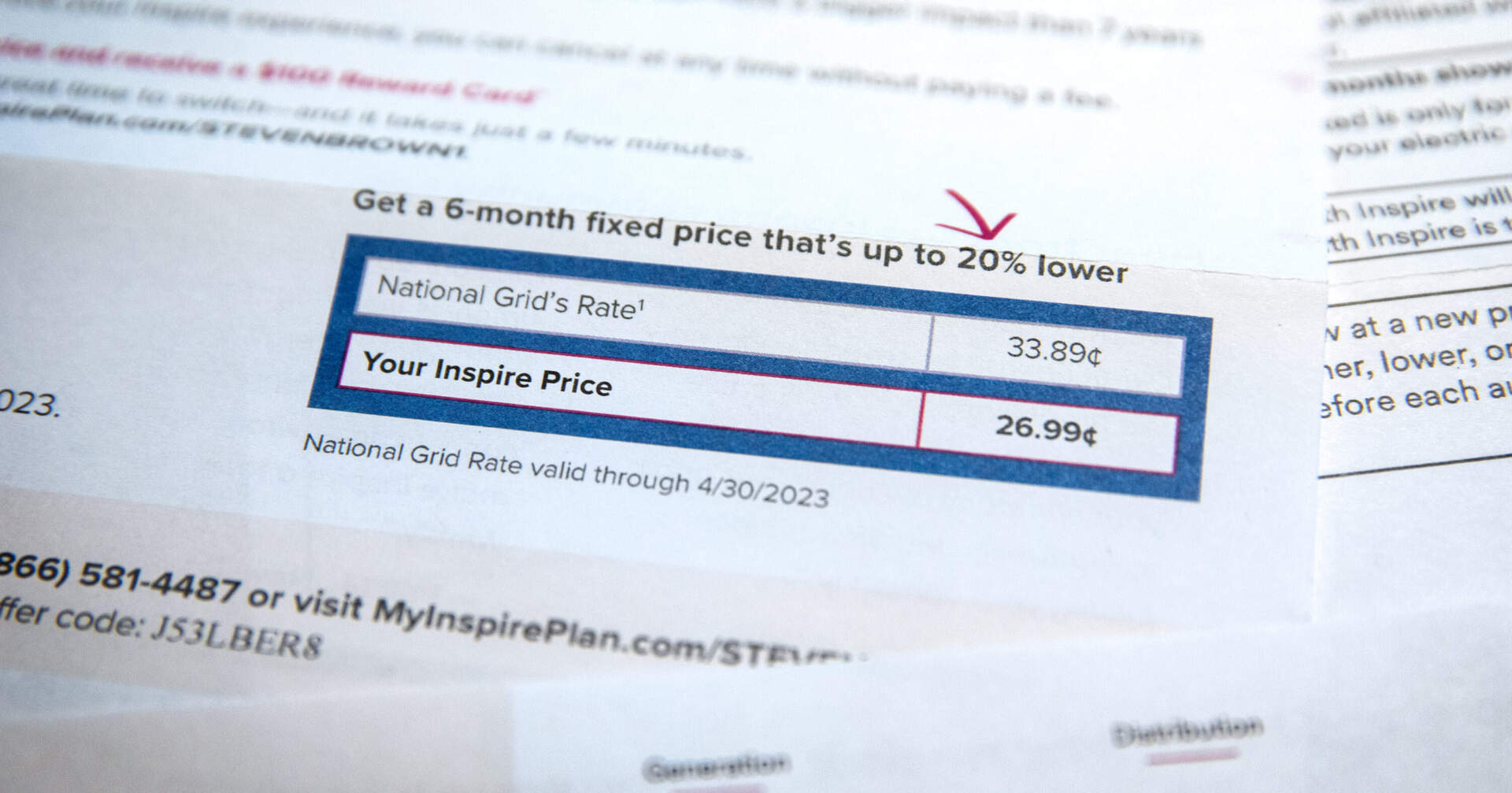
In a perfect world where the state had unlimited resources to regulate and police this industry, reform might be a good option, several state officials told the Globe and WBUR. But the reality is that the four state agencies charged with overseeing competitive electric suppliers are already overstretched.
Those agencies and the attorney general’s office spend thousands of hours each year looking into consumer complaints, pursuing legal actions, and ensuring companies are complying with state environmental laws — and still, the harms to consumers outweigh the benefits, said Rebecca Tepper, the state’s energy secretary.
"Enforcement is a futile game of whack-a-mole," she said.
Beyond Massachusetts, a poor track record of reform
Massachusetts’ challenges with competitive supply aren’t unique.
Eleven other states plus the District of Columbia have similar residential markets. And in every instance where officials have investigated, they’ve found problems, said Susan Baldwin, an independent consultant who has produced reports on the competitive supply market for several states, including Massachusetts.
But unlike Massachusetts, other states have tried to enhance oversight and regulation. And the track record for improving the system isn’t necessarily promising.
States like Connecticut and Pennsylvania have tried to limit losses among low-income customers by outright barring suppliers either from enrolling low-income residents who receive discounted electric rates or from charging rates that are higher than a utility’s offering. (Chan’s bill would do the former.)
But the trouble is, the many low-income residents who do not sign up for the discount rate are still vulnerable, and so too are those whose income is just above the threshold for the discount — defined as at or below 60% of median income in Massachusetts and Connecticut, and 150% of the federal poverty level in Pennsylvania.
In Connecticut, a report published last year found residents living in low-income neighborhoods who don’t qualify for the discount rate still often overpay for competitive supply plans.
And in the Philadelphia area, where residents enrolled in a low-income discount program were never allowed to sign up for competitive supply plans, it was discovered in litigation that residents there still overpaid $733 million between 2015 and 2021, compared to basic utility service.
“There’s this vast, wide majority of people who are still being taken advantage of,” said the state’s consumer advocate, Patrick Cicero.
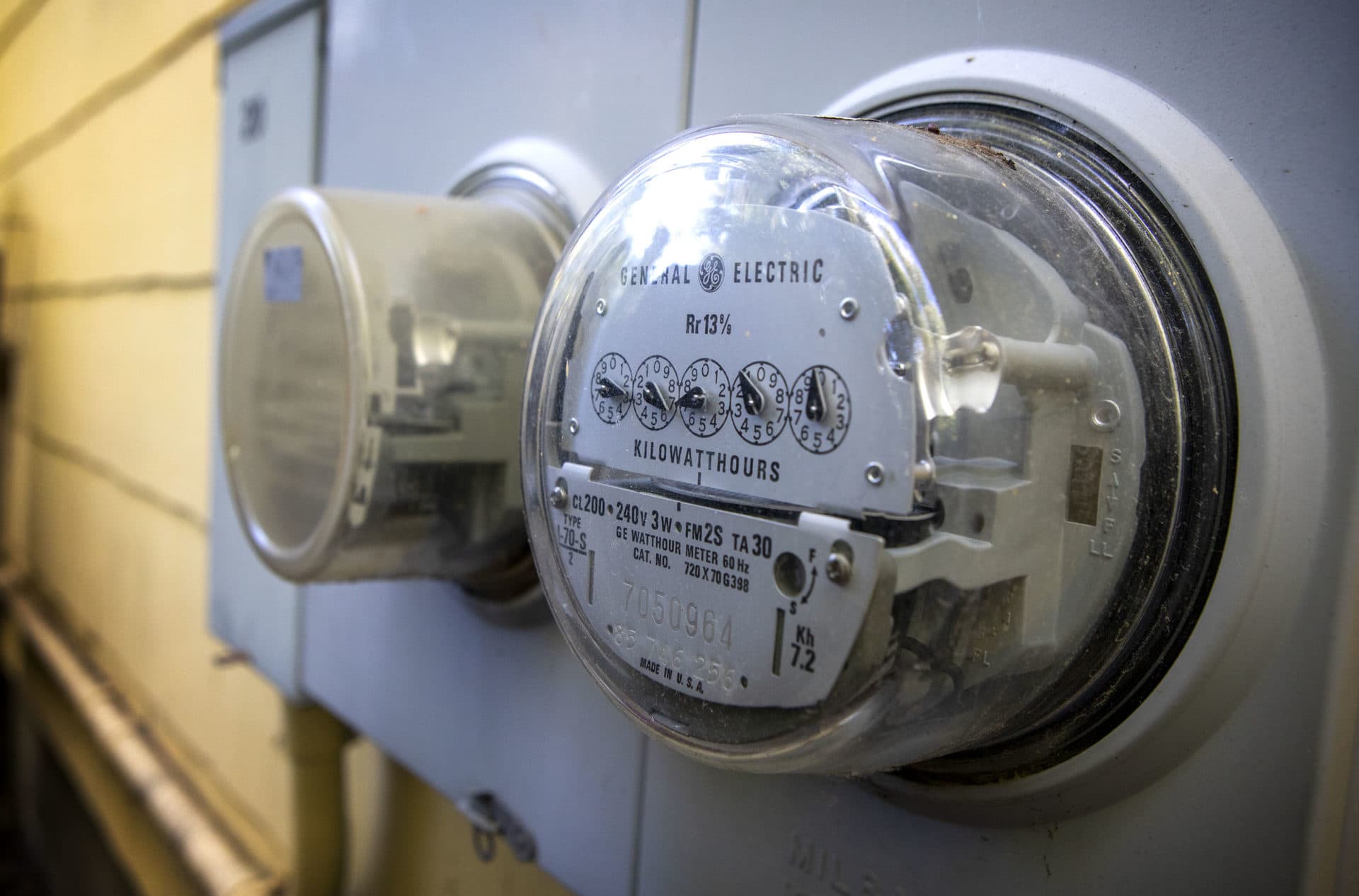
What’s next
In about half of all Massachusetts cities and towns, residents have a third option for buying electricity beyond their utility’s plan and a competitive supplier. It’s called municipal aggregation.
In a municipal aggregation program, city officials buy power from competitive electric suppliers on behalf of their customers. Unlike individual residents, municipalities can hire lawyers and experts to vet any contract and make sure what they buy is a good deal.
And indeed, a 2023 report from the University of Massachusetts Amherst found that nearly 80% of municipal aggregation programs offered reduced electricity costs compared to utility basic service rates. Additionally, 60% were rated “green,” meaning they offered a higher percentage of renewable energy than required by the state.
Municipal aggregation has widespread support throughout Massachusetts, and in the last few months, the pace of new approvals has started to pick up. That’s heartening for people like Barrett who hope this legislative session brings about the end of the residential competitive supply market and a boom in municipal aggregation.
Municipal aggregation is a great compromise, he said. It keeps these companies in business, while introducing a middleman to protect individual residents.
“I mean, that’s why God invented municipal aggregation,” he said.
As Barrett heads into negotiations this spring on a new climate bill, he expects this issue — whether to reform or ban the industry — to be among the biggest sticking points.
Those talks take place behind closed doors, where different climate bills will be bargained over and wielded like chess pieces.
The outcome is anyone’s guess.
This segment aired on April 1, 2024.